|
Earlier this week the Italian ambassador to the Democratic Republic of Congo (DRC), Luca Attanasio, his bodyguard Vittorio Iacovacci and their driver Mustapha Milambo were killed in eastern Congo after a convoy they were travelling in was ambushed. The tragic event is only one instance in a widespread, and extremely complex, political economy of violence that affects millions of people in the region. Peer Schouten, an expert on the armed groups that operate within eastern DRC, provides insights into this landscape, and explains why the insecurity persists.
Since China imposed a new National Security Law on Hong Kong in the middle of last year, the situation for pro-democracy protesters has become much more dangerous. Even those who weren’t prominent leaders of the protests now live under the threat of prosecution. Sui Ting Kong spoke to us for the latest episode of our podcast The Conversation Weekly, which focuses on the tough choices now facing Hong Kongers about whether to leave – and where to go. Listen here - or wherever you get your podcasts.
|
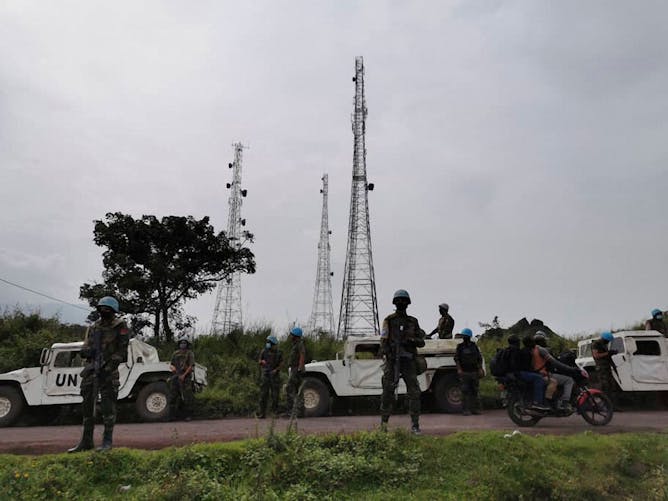
UN soldiers patrol the road where Italy’s ambassador to the Democratic Republic of Congo was killed.
Photo by ALEXIS HUGUET/AFP via Getty Images
Peer Schouten, Danish Institute for International Studies
For nearly three decades, eastern Congo has been characterised by insecurity, with frequent outbreaks of violence between armed groups and attacks on civilians.
|
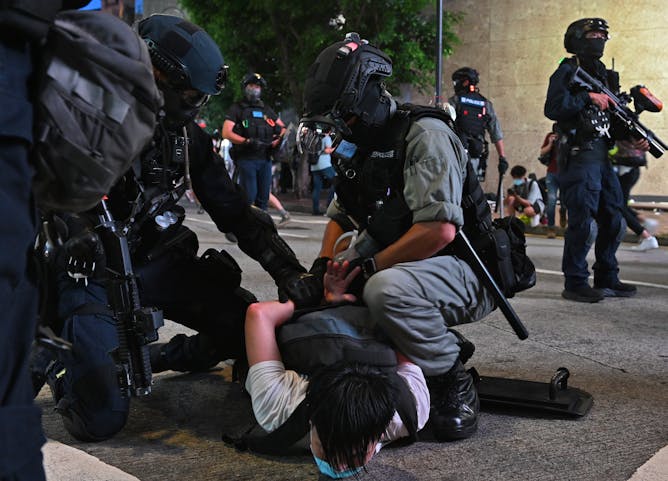
A man is arrested during a protest against Hong Kong’s National Security Law in July 2020.
Miguel Candela/EPA
Gemma Ware, The Conversation; Daniel Merino, The Conversation
Plus new research finds a way to speed up the search for dark matter. Listen to episode 4 of The Conversation Weekly.
|
Business + Economy
|
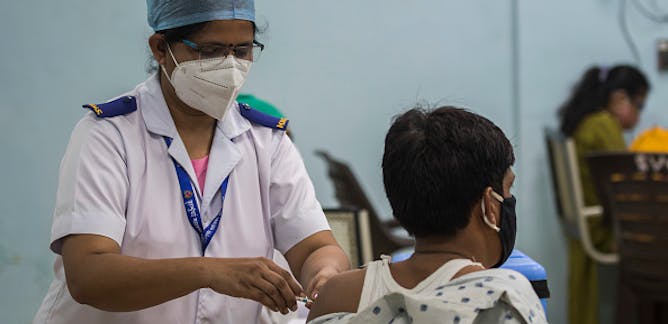
Enrico Bonadio, City, University of London; Dhanay M. Cadillo Chandler, University of Turku
A waiver may not allow all developing countries to secure medicines and other anti-COVID technologies in a timely way.
| |
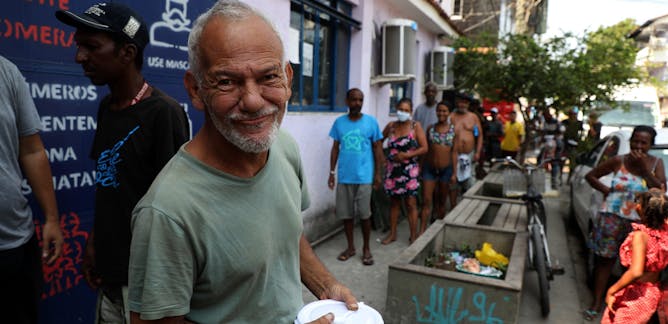
Diego Sánchez-Ancochea, University of Oxford
Entrenched inequality in most of Latin America has led to worsening poverty rates and increasing violence and instability/
|
|
|
Energy + Environment
|
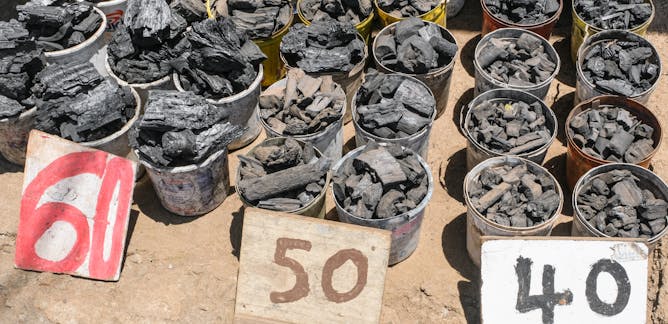
Phosiso Sola, World Agroforestry (ICRAF); Paolo Omar Cerutti, Centre for International Forestry Research
Demand for charcoal continues to increase in Kenya, it's vital that the sector is better governed
| |
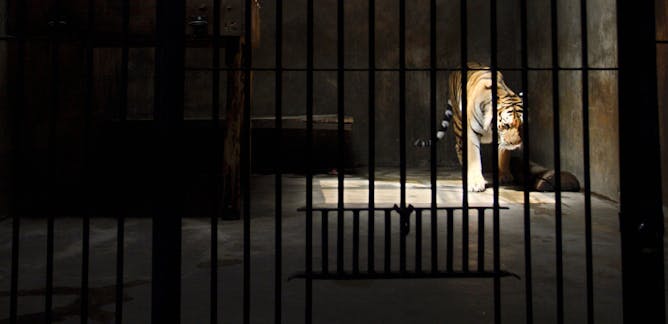
Simon Evans, Anglia Ruskin University
A production line takes tigers from zoos to be harvested for their meat, skin and bones.
|
|
|
En Français
|
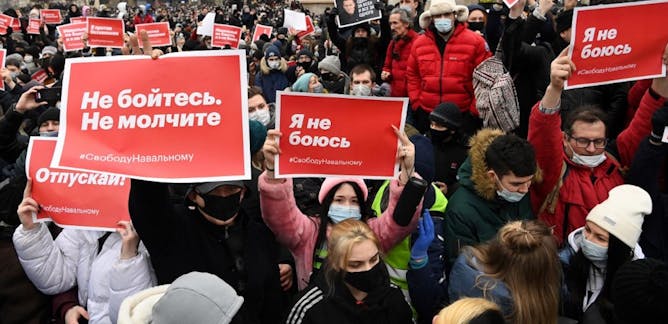
Myriam Desert, Sorbonne Université
Les propos des citoyens russes descendus dans les rues du pays après la condamnation d’Alexeï Navalny, récoltés directement au cours des manifestations, sont porteurs de nombreux enseignements.
| |
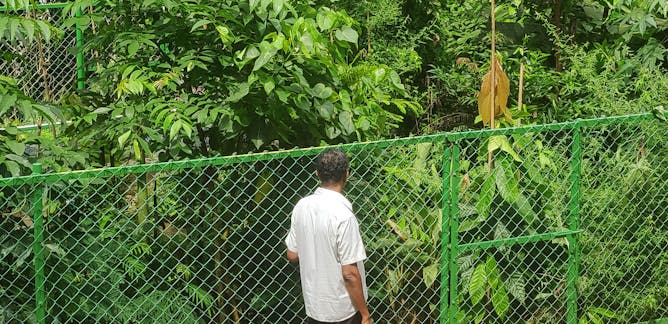
Bastien Castagneyrol, Inrae; Annabel Porté, Inrae; Christophe Plomion, Inrae
Le concept de microforêt se répand petit à petit pour répondre à la bétonisation de nos existences. Au risque de détourner ce qui définit une forêt.
|
|
|